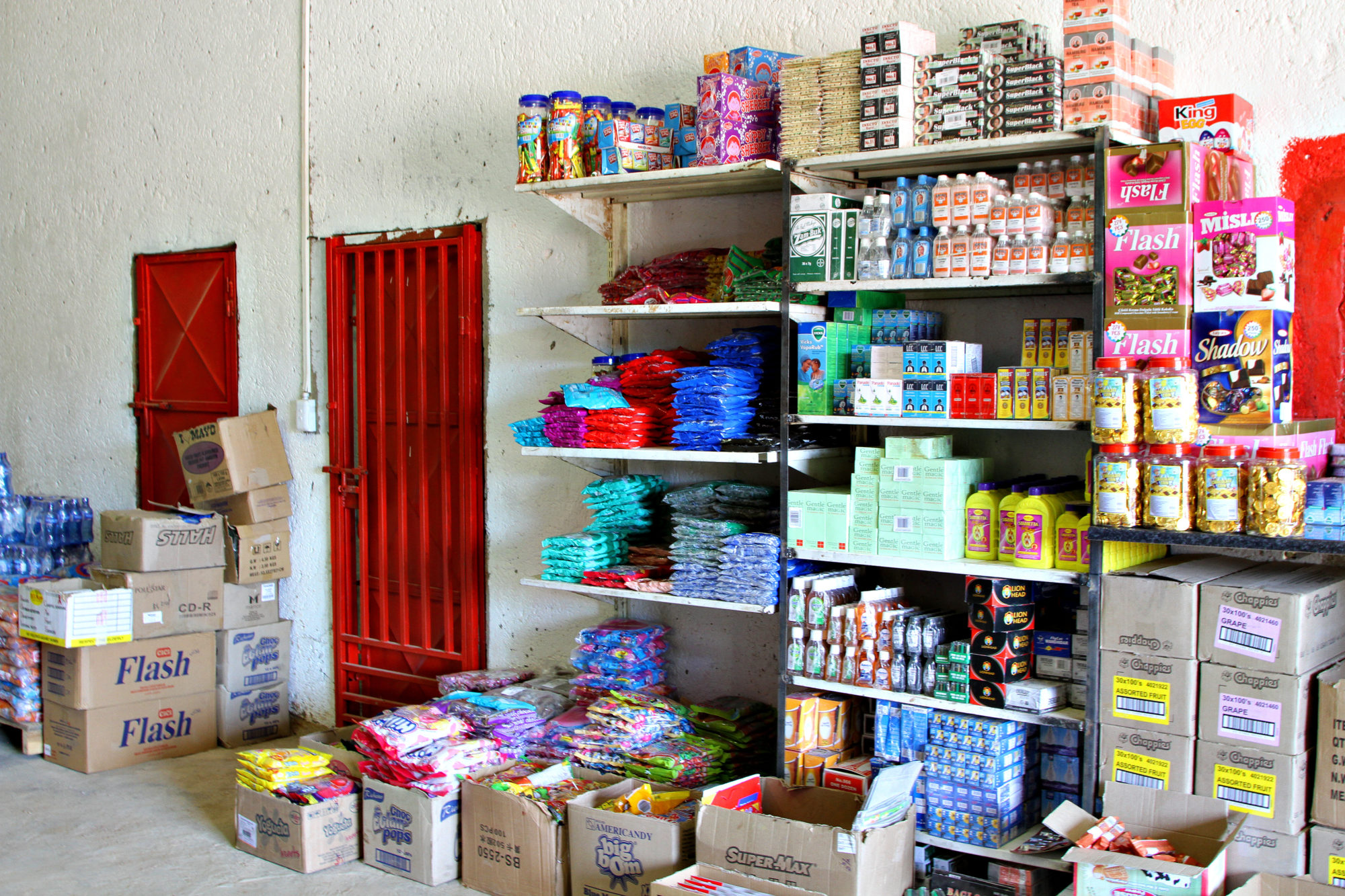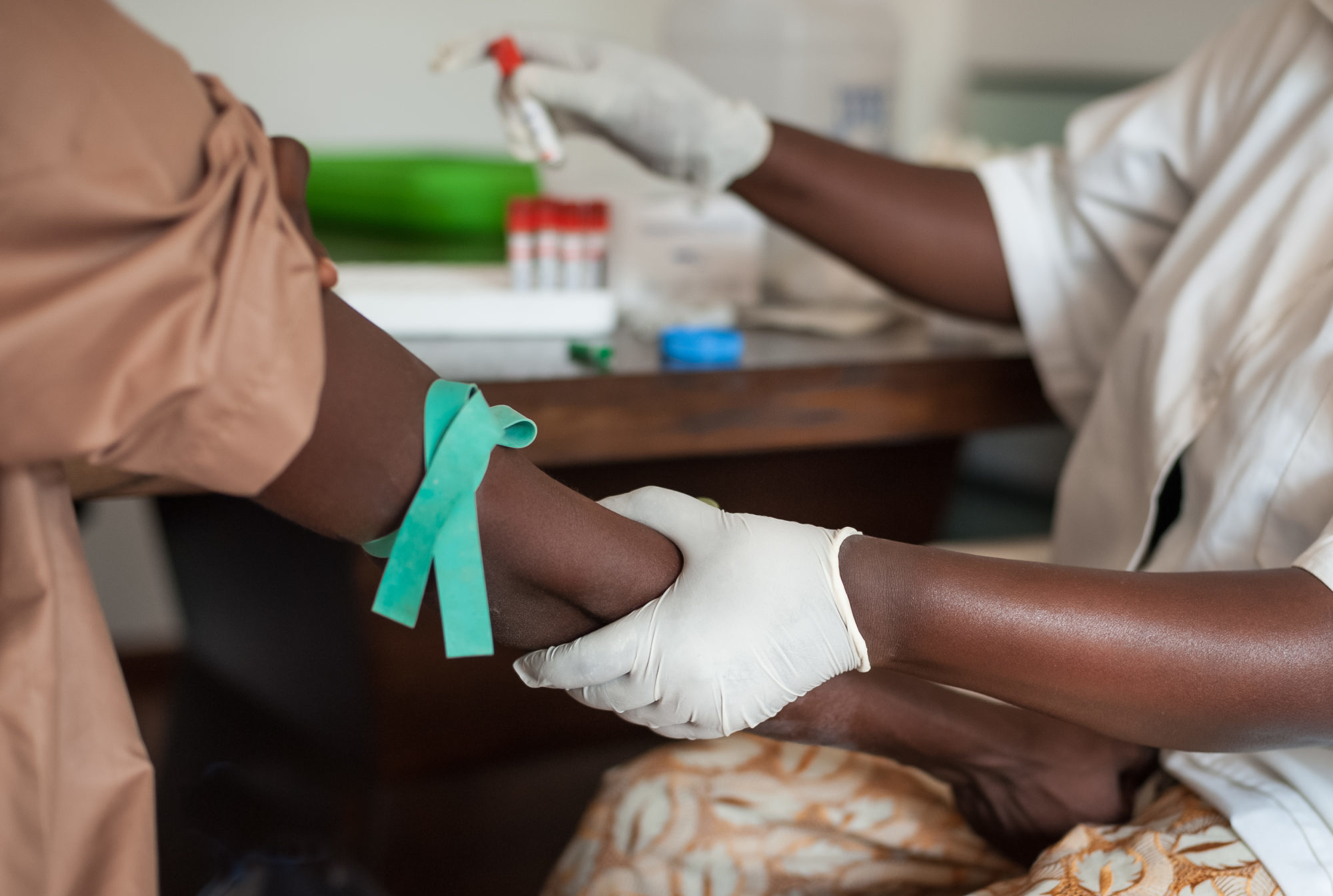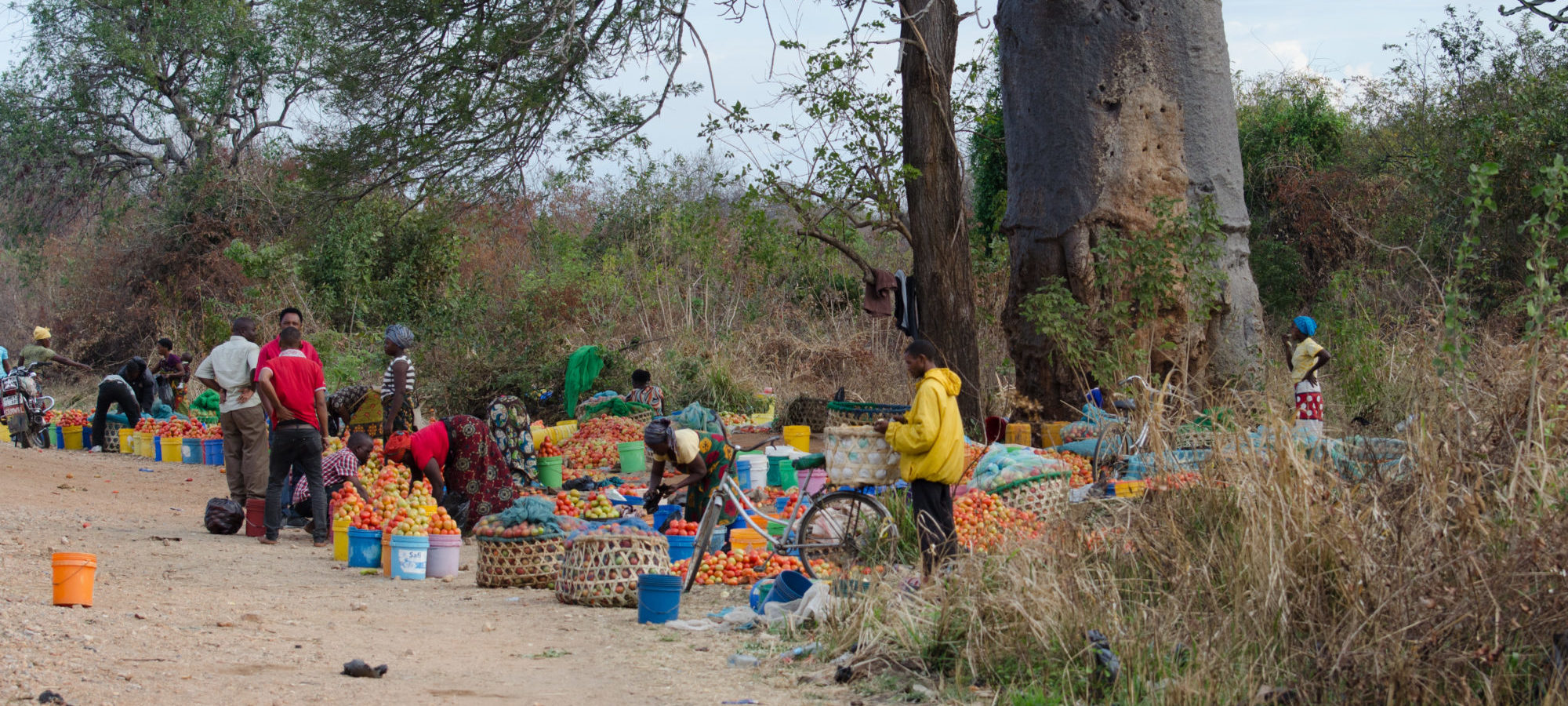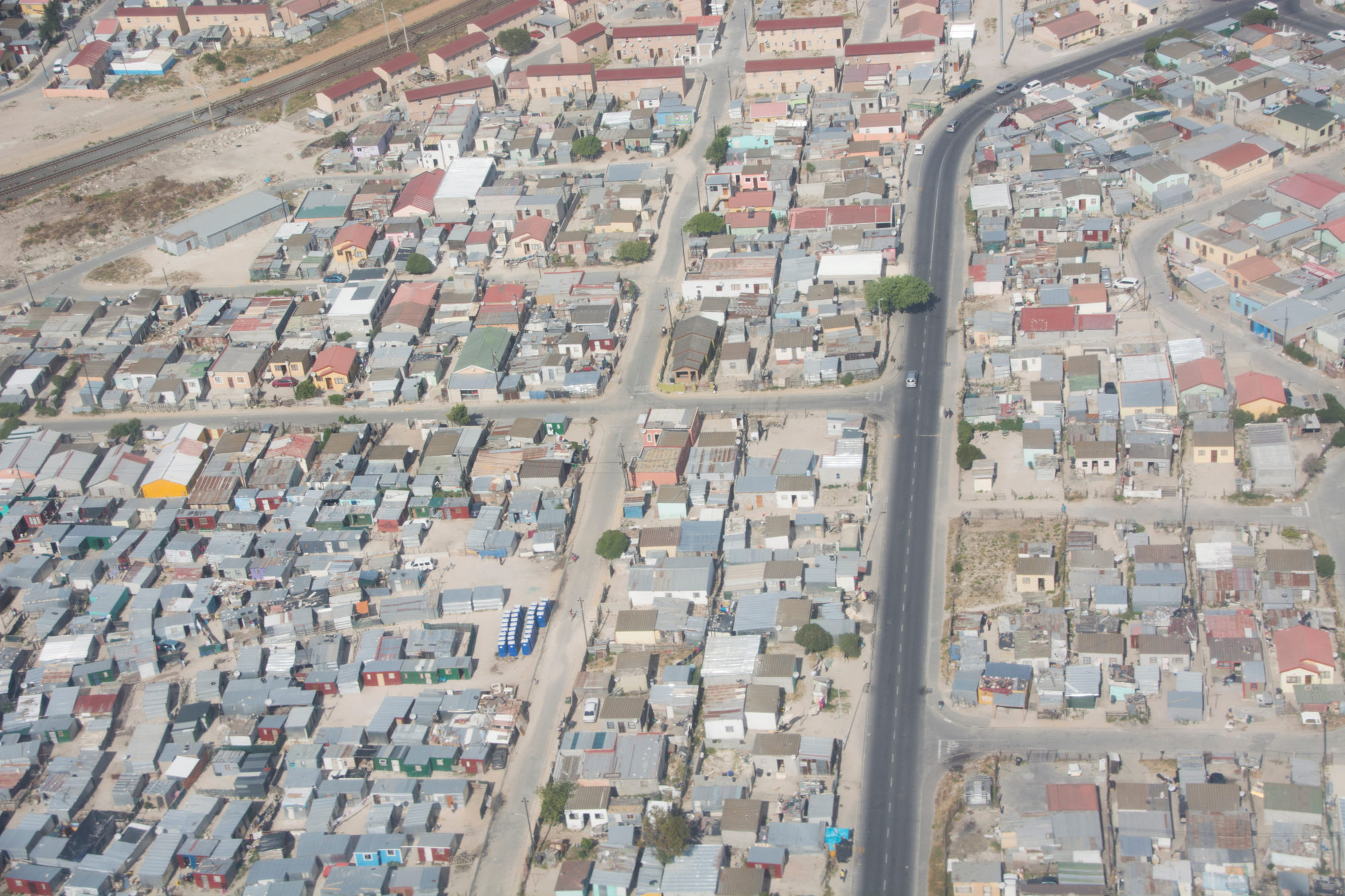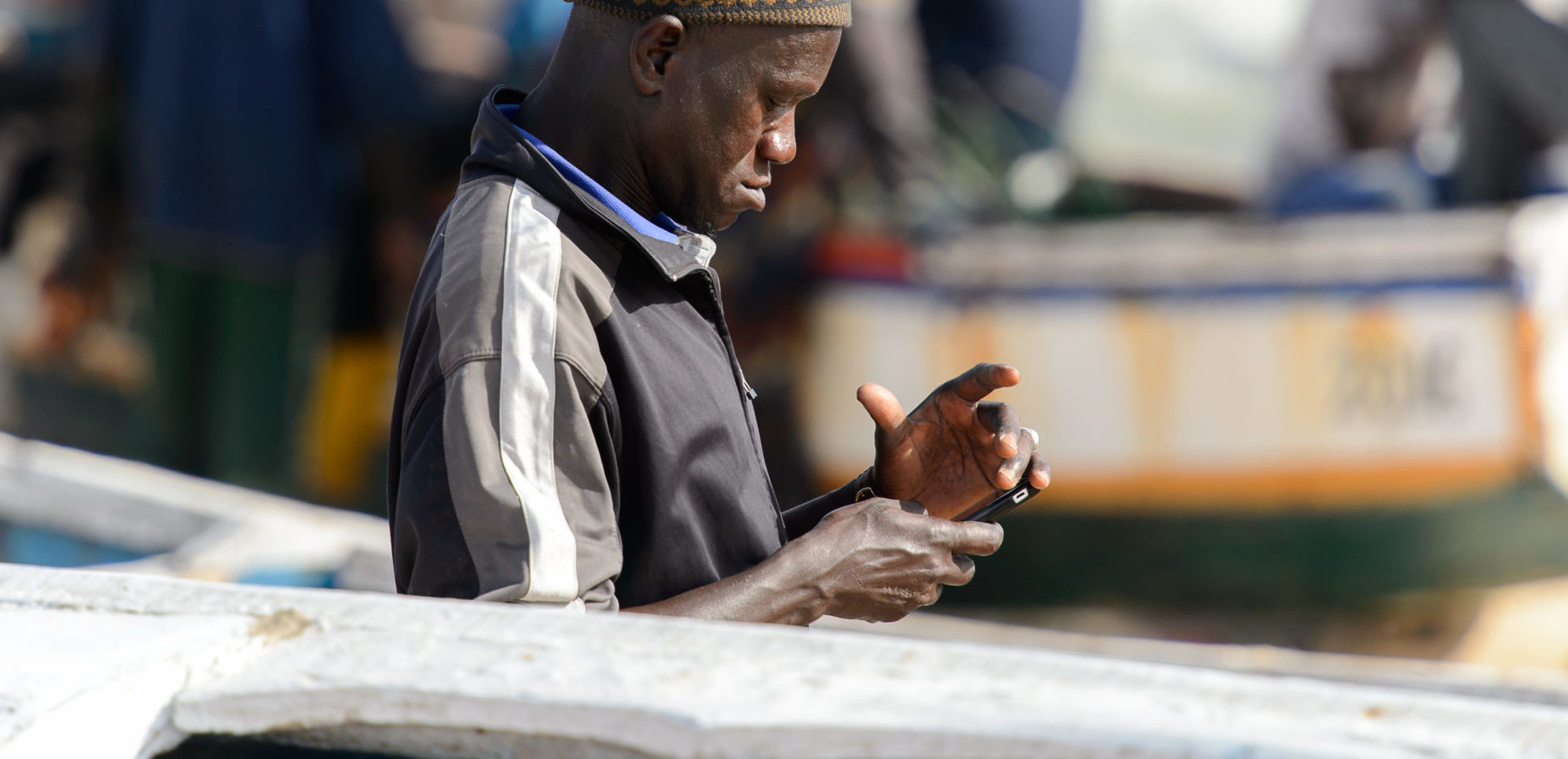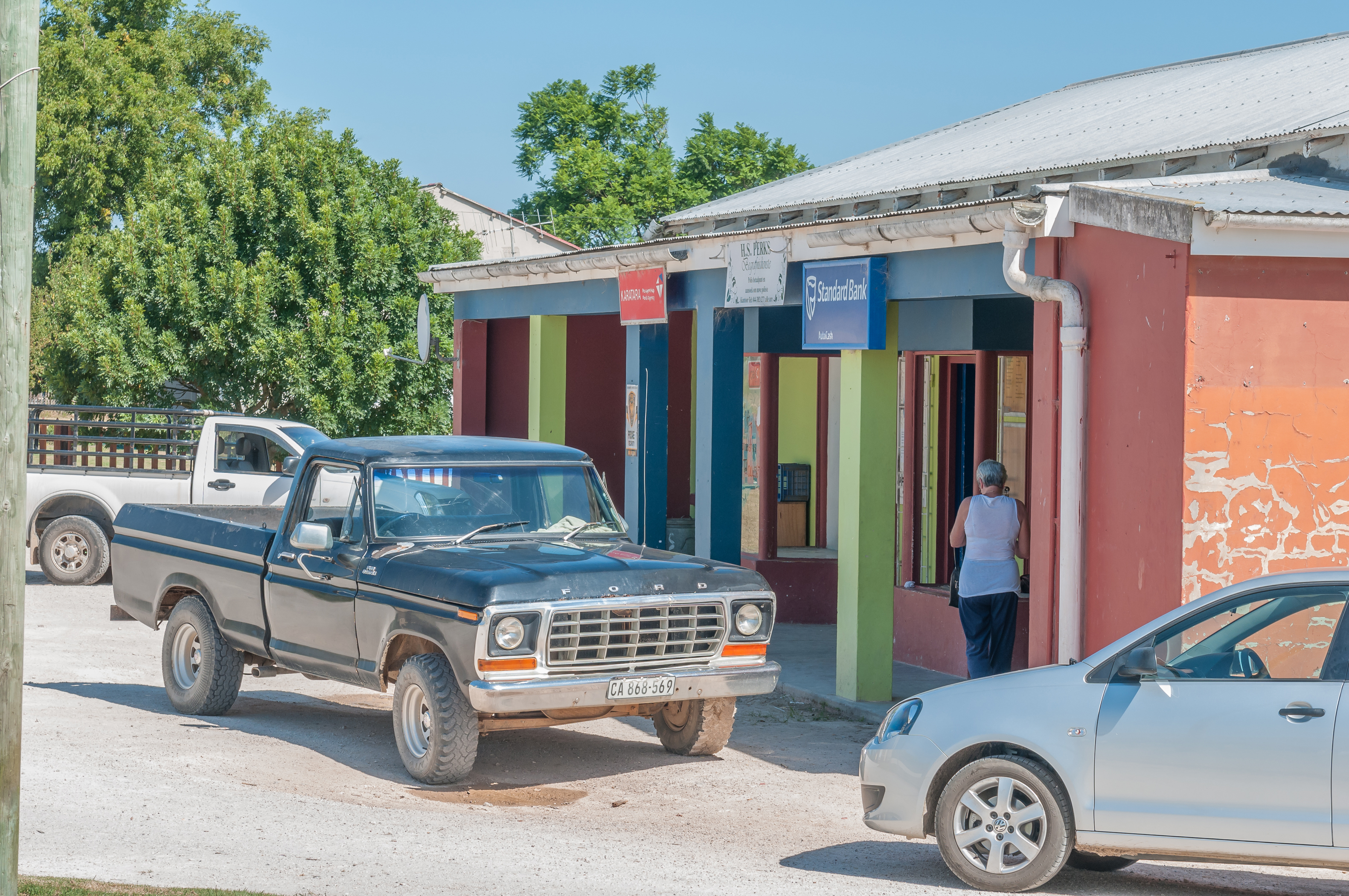
Customer views on abuses in the informal funeral parlour market in South Africa
Funeral parlours and burial societies deliver value to consumers by meeting essential functional needs, but also by meeting social and cultural needs. Funeral parlours have a powerful position in the funeral value chain. This exposes consumers to abuse. Such abuses are common and cut across different spheres, such as health

